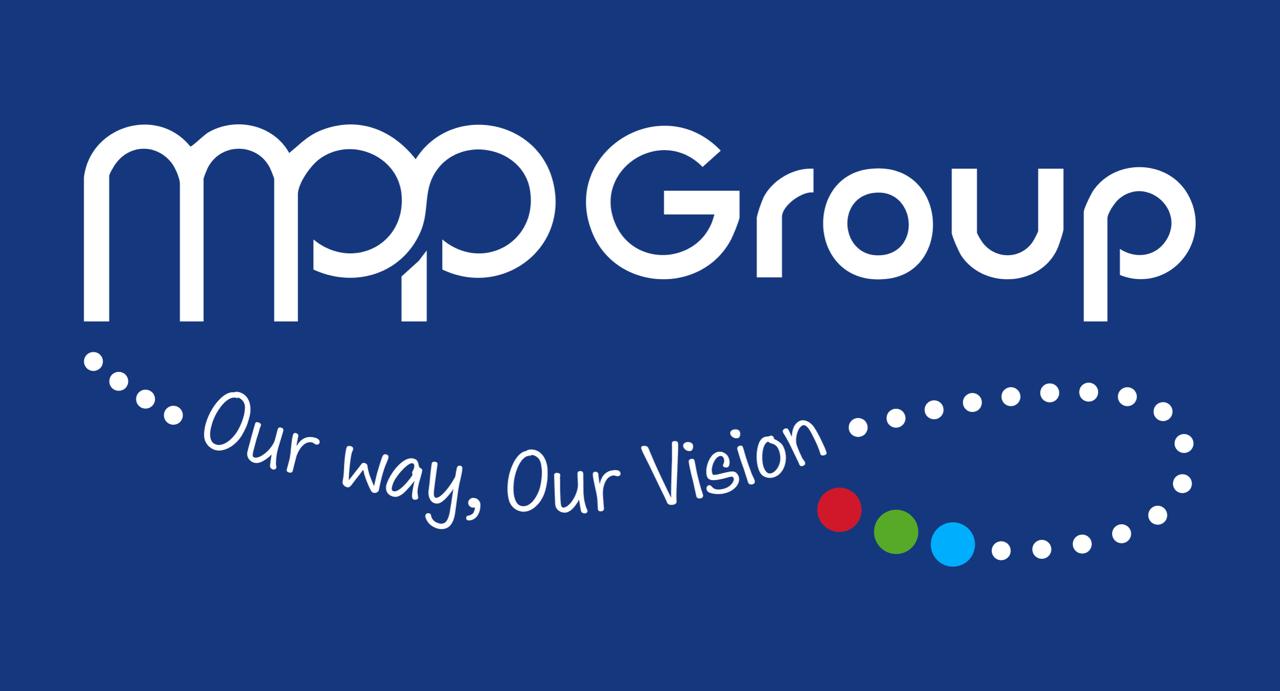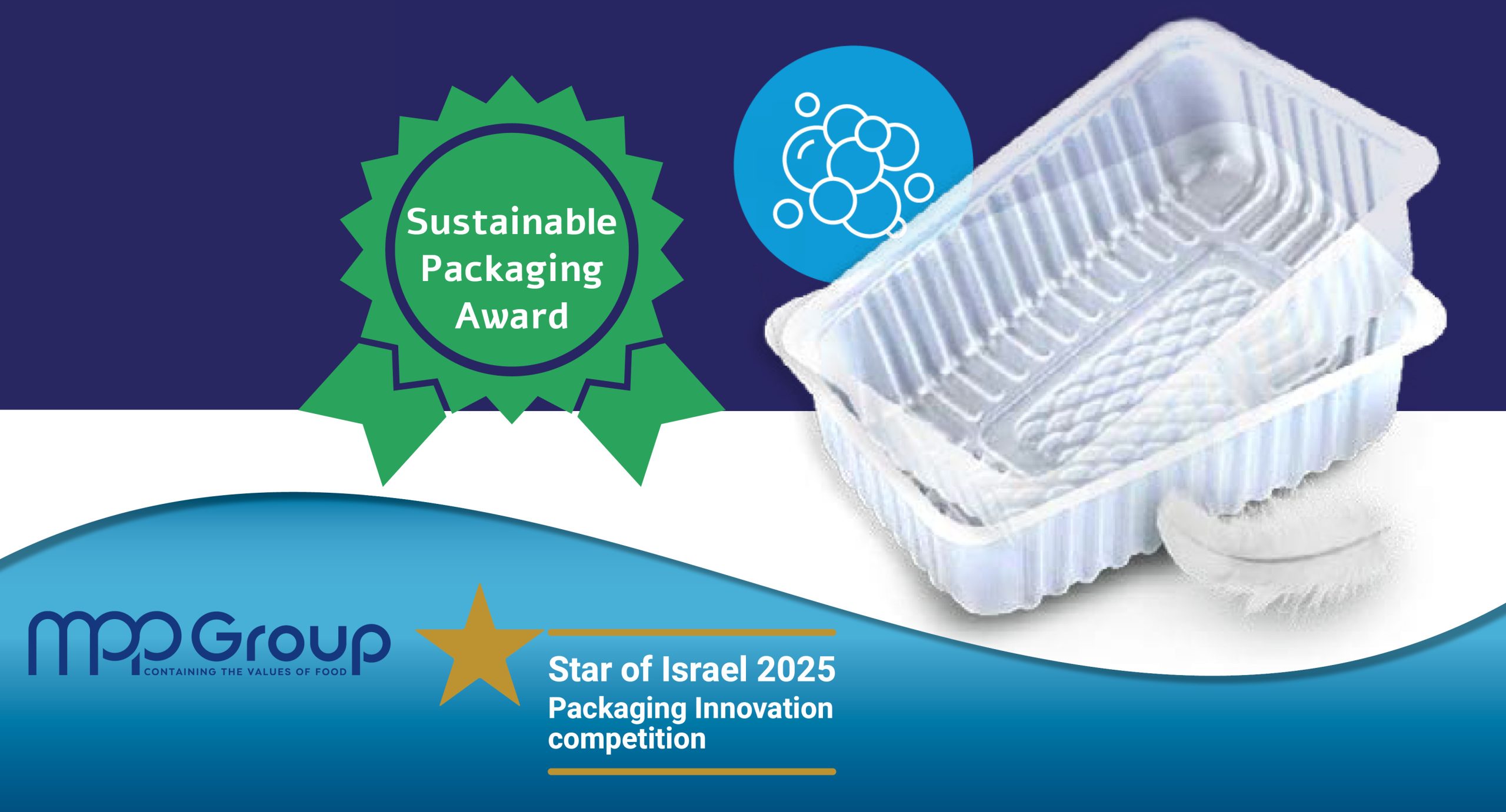From “Hard to Abate” to Proven Progress
In an industry often labeled as “hard to abate,” MPP Group is proving that meaningful change isn’t out of reach—it’s a matter of mindset. While many have viewed packaging as too complex to decarbonize, MPP saw opportunity where others might have seen limits.
Over the past few years, the company has reimagined its operations and product development around an important guiding principle: sustainability must be measurable, transparent, and rooted in data that customers can trust.
By integrating the ECO-OS ESG Platform into its R&D and operations, MPP set out to build a robust data foundation to back its products with credible, verifiable information. The goal was clear: to ensure every sustainability claim could be proven with data, used as a basis for continuous improvement, and shared transparently with customers and in disclosures.
ECO-OS’s streamlined data collection, validation, and analytics tools provided MPP with a single, trusted source of truth across its value chain – from raw materials to end of life – covering carbon, water, waste, and circular economy metrics. This data integrity allowed MPP not only to improve performance internally but also to give its customers confidence in the measurable impact of their packaging choices.
Turning Innovation Into Credibility with MPP’s SustainaPPack Product Line
With a verified data foundation in place, MPP used those insights to drive product innovation – creating packaging that delivers measurable environmental benefits while maintaining the same quality, safety, and performance customers rely on.
Using ECO-OS’s scenario analysis and forecasting tools, MPP’s R&D teams could simulate the environmental impact of different material compositions, production methods, and energy sources before making changes on their production line. These tools enabled MPP to predict outcomes across raw material use, durability, recyclability, and to prioritize the most effective strategies for both environmental and commercial performance.
This approach led to measurable progress. In its standard 6-gram cup, for instance, MPP achieved a 62% reduction in emissions by combining renewable energy, 20% weight reduction through physical foaming, 10% higher filler content, and 50% recycled polypropylene.
The same approach drove the creation of the Foamed SustainaPPack™ tray, made from mono-material polypropylene (mono-PP) using physical foaming, a sustainable alternative to chemical foaming, and a rapidly growing trend in sustainable packaging today. The tray is 20% lighter, and delivers up to a 70% lower carbon footprint than traditional polystyrene (PS) trays while maintaining durability and insulation for both hot and cold foods. Additionally, its full recyclability in common PP streams makes it a standout product to alternative PS trays that can only be disposed of in landfill.
Other breakthroughs include ISCC PLUS-certified mono-PP packaging made from decontaminated cooking oil, cutting emissions by 30% compared to virgin PP and 45% compared to rPET, as well as High-Barrier PP packaging with under 5% EVOH layer, designed for full recyclability and optimized for retort processes.
Turning Data Into Dialogue: Communicating Verified Impact
Once MPP had the data to substantiate its sustainability claims, the next step was to make that information accessible and meaningful to customers. To do this, the company developed the C-Mulator™, an interactive simulation tool powered by the ECO-OS data.
The C-Mulator™ translates complex ESG metrics into clear, visual insights – allowing customers to see the exact carbon savings achieved by switching to MPP products or adjusting materials or processes. It provides transparency that goes beyond compliance reporting, enabling MPP’s partners to quantify their own impact and communicate it credibly to buyers, investors, and regulators.
By using verified data instead of generic estimates, MPP helps its customers tell authentic, data-driven sustainability stories – reinforcing trust and eliminating the risk of greenwashing.
A Unified Commitment to Sustainability
Sustainability at MPP is a company-wide mission; within every division, MPP continues to expand the use of recycled and responsibly sourced materials. Polyraz, a key member of the MPP group, has introduced RecyClass-certified flexible films with 50% post-industrial recycled (PIR) content and new PP films with high post-consumer recycled (PCR) content, meeting future EU requirements well ahead of schedule.
While regulations can enforce responsibility, true progress comes from within. Supported by the ECO-OS ESG Platform, MPP ensures that this progress is measurable and transparent across the group — giving every innovation a shared foundation of verified ESG data and accountability.
This shared commitment defines MPP’s role as an industry leader – not only meeting evolving sustainability standards, but setting them, and defining what responsible packaging should look like: solutions that combine verified sustainability with uncompromising quality and performance.




